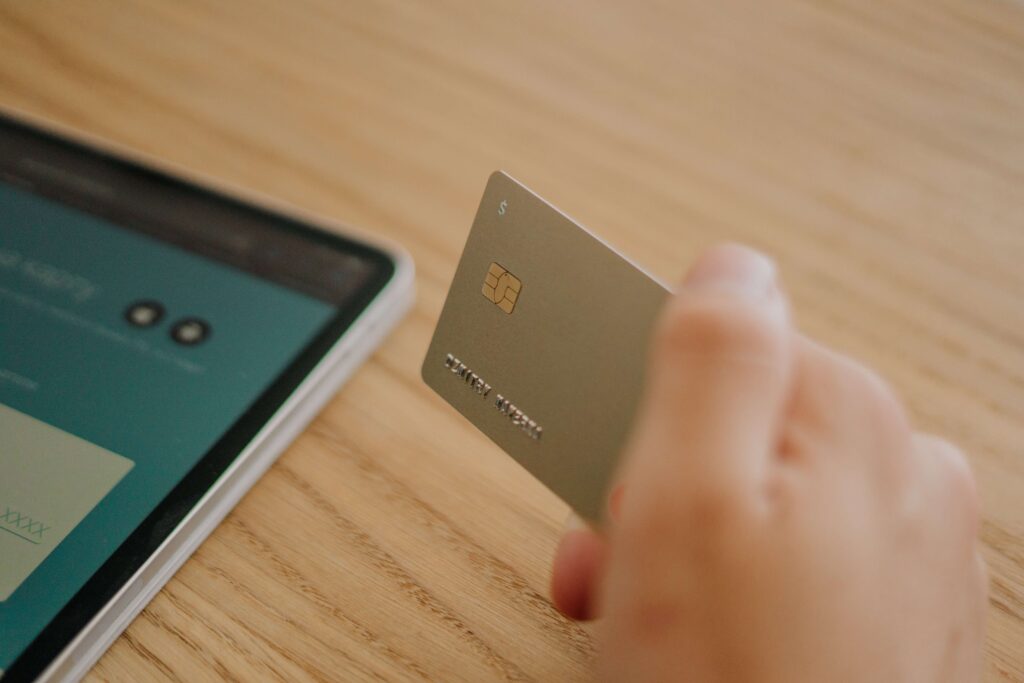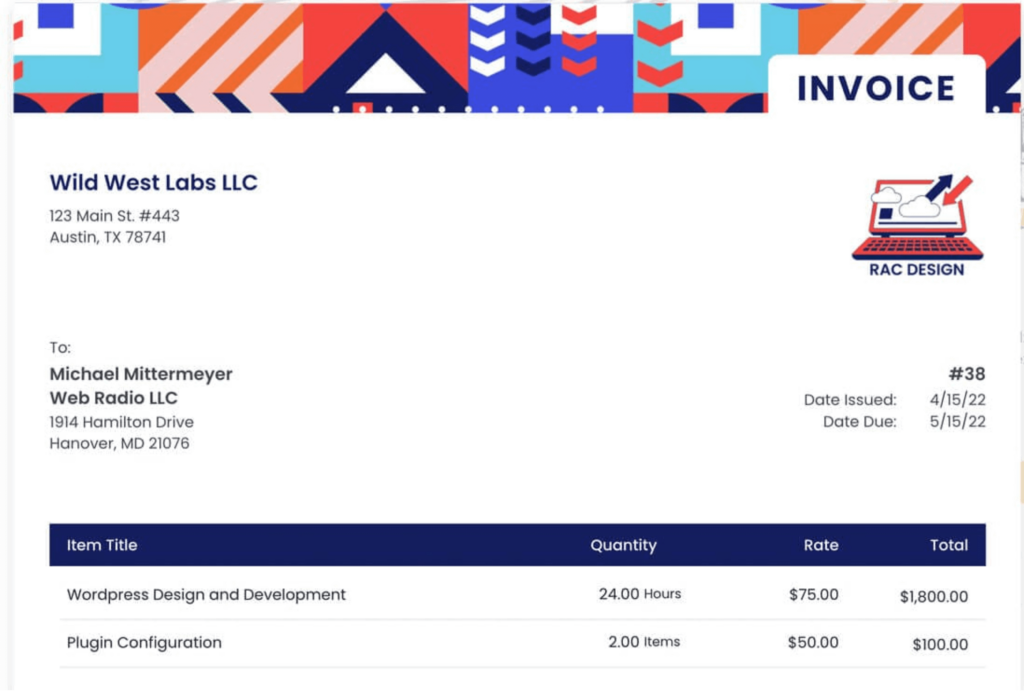How to Politely Collect Money From Clients Who Won’t Pay

One challenge freelancers often face is how to collect money from clients who won’t pay. Unfortunately, this is a problem that many freelancers encounter. Sure, you have done due diligence with your client, and the communication during the course of the project is smooth. But then, when it’s time for them to pay up, all of a sudden, they are not available to talk or have stopped responding to your messages. Now isn’t that a nightmare?
A freelancer not getting paid on time would mean your expenses and payments for utilities and supplies will get affected. For instance, if you are paying for rent or a subscription to software, then a delayed collection of payments could mean you may have to shell out money from your personal account. After all, not all freelancers have so much capital to safeguard the expenses needed for the next projects. So it is important that you know how to collect money from clients who won’t pay.

Ensuring Payments
Before you look into ways how to collect money from clients who won’t pay, you must first have a business process and strategy to ensure payments. You know what they say, prevention is better than cure. So, you must establish a system that would prevent clients from missing their payments.
• Issue Invoices
An invoice serves as your formal declaration to your client that the job or project has been done and that it is now time for them to pay out. A perfectly written invoice will have the necessary information your client needs to process their payment. This includes due dates, terms, and modes of payment. Remember to add special notes if the payment is due upon receipt. If the client received an official invoice, they shouldn’t really have an excuse for missing out the deadline.
It is highly recommended that you use an invoicing software to issue your billings to your clients. When you use online invoicing tools like Kosmo, your client will receive an email telling them that the invoice has been issued. Invoicing platforms send alerts and reminders to clients that their payment date is nearing. This way, they can prepare their payments ahead of time.

• Have a Contract
Having a contract with your client that specifically indicates payment terms will help ensure payments. A contract is a legal obligation. Therefore, clients tend to follow the agreements written on the contract to avoid getting sued.
• Make Payment Easy
The chances that clients will pay you on time increase when you provide easy payment options to them. Online payments are very convenient so take advantage of the payment processing systems available to you. Use online invoicing platforms that have “Pay Now” buttons, like Kosmo. Once your clients receive their invoice, they simply have to click that button, and they will be directed to payment processing systems like PayPal or Stripe.
• Add Penalty Warning
Tell your clients up front that there will be fees for late payments. Include this statement in your proposals and contracts to make the warning clear. If you have penalties for late payments, clients will be more careful about missing the deadline.
How to Collect Money From Clients Who Won’t Pay
Unfortunately, there will still be some instances when even after you take the necessary steps to ensure payments, clients will still miss their deadline. Don’t worry, there are several ways how to collect money from clients who won’t pay. The main thing you must keep in mind is that you have to remain professional and polite when asking your clients for payment. Remember that in running your business, you have to protect your name and reputation, even in times like these. Keep your cool, there are ways to approach this situation without burning the bridge between you and your client.

1. Issue Past Due Invoice
To be prepared for situations like this, have a past-due invoice template ready. This template should clearly be titled as a past-due invoice so your clients will easily know that this is a new invoice. This invoice will then include the penalties they have incurred for missing the payment date. Send your past due invoice to your clients through your online invoice platform so clients will receive alerts and notifications for it. Using invoicing software will spare you from that awkward conversation with your clients especially if you are not comfortable with how to ask for money from clients.
2. Send Out an Email
If you want to know what to do if the client doesn’t pay an invoice, even after sending out the past due one, you can send them a formal notice through email.
Send a letter through an email reminding them of their due payments. When writing a letter, make sure to mind your tone and language. You still have to be respectful despite this challenge. Keep in mind that your client may have honestly just forgotten his due date. Or, he may have a valid reason for not being able to pay on time.
Remember to use polite words like “please” and “thank you.” For example, you can say, Please remit payment as soon as possible instead of Remit payment as soon as possible. Did you see the difference in tone there? Adding the word “please” softened the message. Being respectful and polite may guarantee you payment. Plus, it can help you out when you ask for a testimonial or review.
3. Communicate
There may be other reasons why your client failed to pay on time. Maybe, they are experiencing issues with their email that’s why they are not receiving your invoices. It is okay to call or send a text or chat, too. During the phone call, make sure that you are in a quiet place so you can communicate clearly. Explain to your client that you have sent several invoices and notices already and that they might have missed the emails. Ask if there are any issues with the invoice, which may be the reason for non-payment. Listen to what they have to say.
Conclusion
Clients missing payment due dates may be avoided. Establishing systems in your business, like issuing invoices, preparing contracts, having an easy payment process, and setting penalties can help ensure prompt payments. In some cases where clients fail to pay on time, you can issue past-due invoices with penalties or send them formal notice. If you are comfortable with discussing the issue with them, you can call them or even arrange for a meet-up.
Get Organized & Win More Clients
Kosmo has everything you need to run your freelancing business.